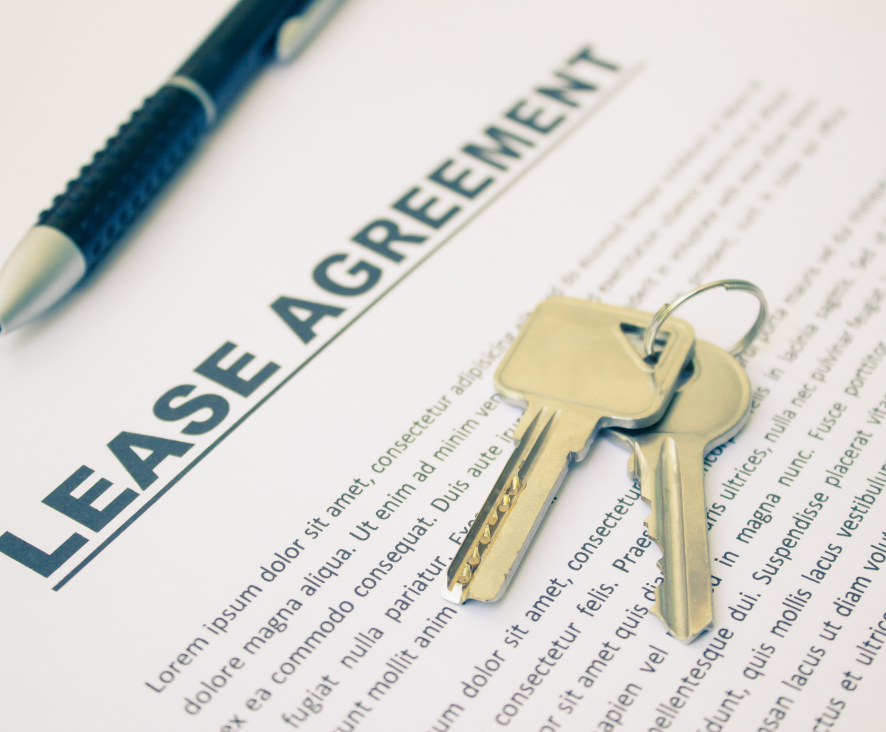Lease Agreements
Lease Agreements
However, it’s important to note that electricity, internet, and phone services are usually not included in the ancillary costs. These are typically set up and paid for separately by the tenant, so you’ll need to budget for them on top of your rent and ancillary costs. Since the exact list of what’s included can differ between leases, it’s a good idea to ask the landlord for a clear explanation of what is covered before you sign. Some landlords might include a detailed list, while others might just give a general amount for the total. It’s always best to gather as much information as possible before committing to the lease.
The landlord may provide an estimate of the monthly ancillary costs, helping you calculate your total payment and avoid surprises. Knowing the heating or water costs lets you add them to your rent for a clear picture of your expenses. Understanding these costs is key for budgeting. If anything is unclear in the lease, ask the landlord to avoid surprises and manage your expenses with peace of mind.





